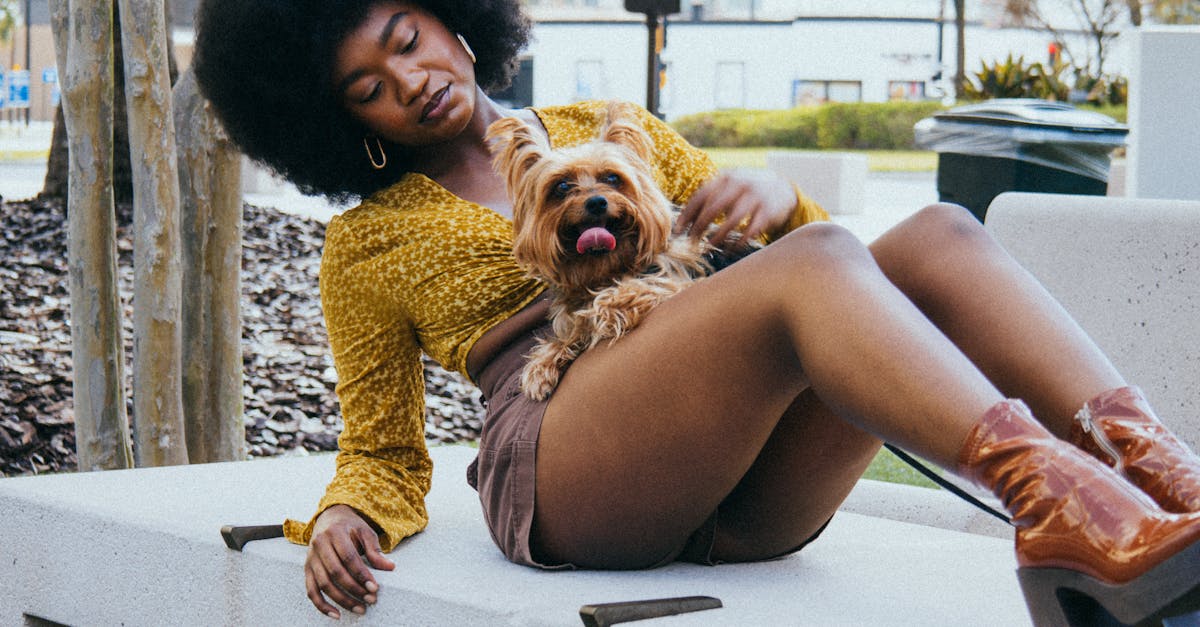I've been prescribed gabapentin and trazodone for my dog's anxiety and pain management, but I'm a bit worried about administering them together. Last night, he seemed a bit more lethargic than usual after his doses. Is it safe for him to take both medications at the same time, or should I be separating them to avoid any potential interactions?
Yes, gabapentin and trazodone can generally be given together to manage your dog's anxiety and pain, but they can sometimes cause increased sedation or lethargy. Monitoring your dog's response to these medications is important to ensure their safety and well-being.
- Increased sedation or lethargy
- Changes in appetite or behavior
- Concerns about drug interactions
Administering gabapentin and trazodone together can amplify their sedative effects, which is why it's not uncommon to see increased lethargy. It's crucial to follow the prescribing veterinarian's instructions and report any unusual side effects. Your vet knows your pet's medical history best and can advise on whether separating doses might improve your dog's comfort.
If you notice ongoing issues or have additional concerns, it is always a good idea to discuss these with your veterinarian. For more personalized advice, consider booking a consultation with Dial A Vet.
Frequently Asked Questions
- What should I do if my dog seems overly lethargic?
If your dog is excessively lethargic, contact your veterinarian. They may suggest adjusting the dose or timing of the medications. - Can I give my dog gabapentin and trazodone at different times?
It's best to follow your vet's instructions on medication timing. If you believe separating doses might reduce side effects, consult your vet for guidance. - Are there any serious side effects I should watch for with these medications?
Serious side effects are rare but can include unsteadiness, severe lethargy, or difficulty breathing. If you observe any of these, seek veterinary attention immediately.
The "Ask a Vet" forum on Dial A Vet offers general information and helpful tips on pet health, but it's
not a substitute for professional veterinary care. The advice here doesn't create a veterinarian-client-patient relationship, and our vets can't diagnose or treat your pet remotely.
For emergencies or specific medical concerns, always contact your local veterinarian immediately. Your pet's health is unique, and decisions should only be made after consulting with a qualified professional. By using this forum, you acknowledge these limitations and agree to seek in-person veterinary advice for all your pet's health needs. View our
content guidelines.



%2520(1).png)



.jpg)








